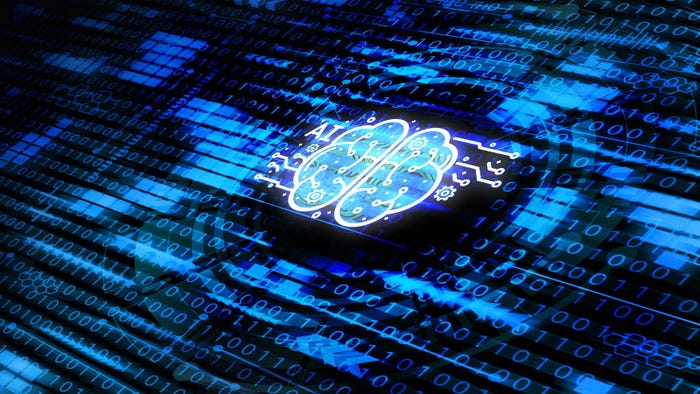Google CTO Talks SaaS, Security
The head of Google Enterprise says IT managers shouldn't fear SaaS

By James Rogers, October 24, 2007, 3:33 PM
NEW YORK -- Interop -- The shift to software as a service (SaaS) is at risk from overly zealous data center managers, according to Matthew Glotzbach, head of products at Google's Enterprise division.
"Some companies have taken something of a fear-based approach, which is 'I am just going to block as many of these capabilities as I can,'" Glotzbach said during a keynote here today. While he made clear he's not advocating a "free for all," he warned that a number of CIOs are making all the wrong moves when it comes to SaaS.
"That really gets into a downward spiral of fighting with your user base," added Glotzbach, who drew a parallel with the early days of removable media. "When thumb drives became all the rage, there was a whole mass of people that tried to block the USB ports on all the machines so that you couldn't put the thumb drives in."
Touted as a way for firms to better utilize their internal resources by accessing services like email via the Internet, SaaS has been gaining momentum over recent months. A number of vendors, including EMC, Evault, and Symantec, are currently fleshing out their SaaS portfolios in areas such as online backup, messaging, and data security.
Communication and trust are key to building a secure SaaS infrastructure, according to Glotzbach. "As you look at Web-based applications, you have to have the [security] policies in place that have been clearly communicated," he said. "But to some extent you need to trust your employees."
IT staff should be setting the example for other workers to follow, said Glotzbach. "We can take a leadership role and start showing our users how these new technologies can extend their capabilities."
Google, of course, has an axe to grind when it comes to SaaS. Earlier this year, the search giant unveiled its Google Apps offering, a set of managed services encompassing email, instant messaging, and word processing.
Last month, the vendor added the email security and compliance technology from its $625 million Postini acquisition to Google Apps, and today Google added Internet Message Access Protocol (IMAP) support to its Gmail service in an attempt to sync up email on desktops and mobile devices.
"The future is very much moving computing into the cloud, moving the burden off the IT group," said Glotzbach, pointing to the rapid customer uptake of Google Apps.
Some 1,500 businesses a day are now signing up for parts of the service, according to the exec. "Obviously, a lot of that is in the small-to-medium business segment, but we’re also doing a lot with large enterprises," he said, explaining that Google is already working with General Electric, Proctor & Gamble, and Cap Gemini around Google Apps.
The Google product guru used his keynote to describe some of the corporate culture within his notoriously secretive company, illustrating ways to encourage employee innovation in much the same spirit that SaaS adoption needs to be encouraged.
Most firms tend to put barriers up when it comes to employee innovation, he stated, though Google does not. "There's no penalty for failure [at Google]," he said. "In fact, we encourage it, because, if you're not failing, then you're probably not trying hard enough."
Google has also developed a concept called "20 percent time" according to Glotzbach, who explained that 20 percent of a Google engineer's time is spent working on whatever they want. "Gmail and Google News came out of twenty percent time," he explained.
The exec also urged his audience of IT managers to remember that it is not just the U.S. that is a hotbed of IT innovation.
"In China alone over the next twenty years, fifty million people will enter the job market," he said, explaining that China produces 352,000 engineers each year, compared of 137,000 in the U.S.
Have a comment on this story? Please click "Discuss" below. If you'd like to contact Byte and Switch's editors directly, send us a message.
EMC Corp. (NYSE: EMC)
Google (Nasdaq: GOOG)
Symantec Corp. (Nasdaq: SYMC)
Read more about:
2007About the Author(s)
You May Also Like
Extending Access Management: Securing Access for all Identities, Devices, and Applications
June 4, 2024Assessing Software Supply Chain Risk
June 6, 2024Preventing Attackers From Wandering Through Your Enterprise Infrastructure
June 19, 2024Empowering Developers, Automating Security: The Future of AppSec
June 27, 2024




